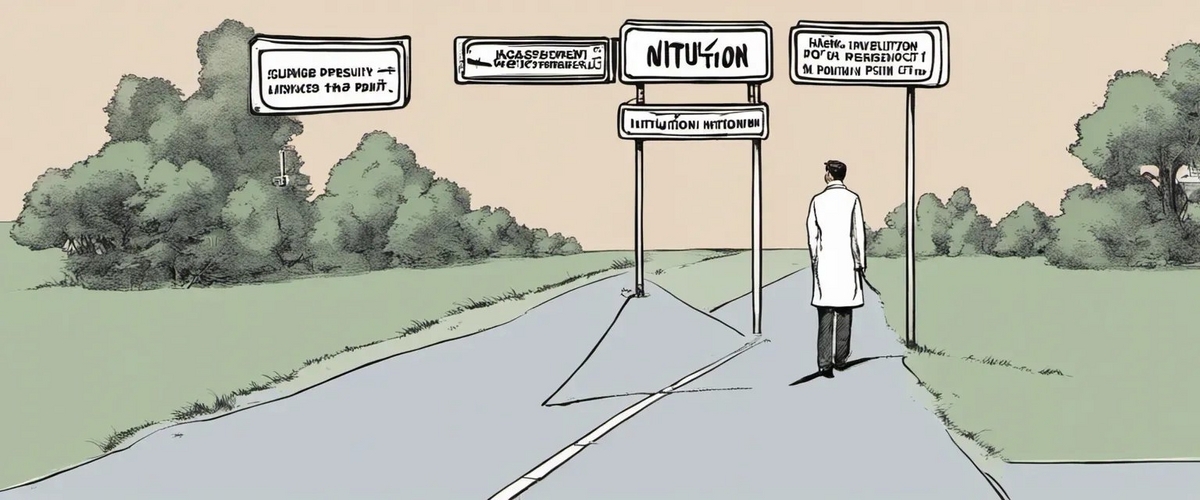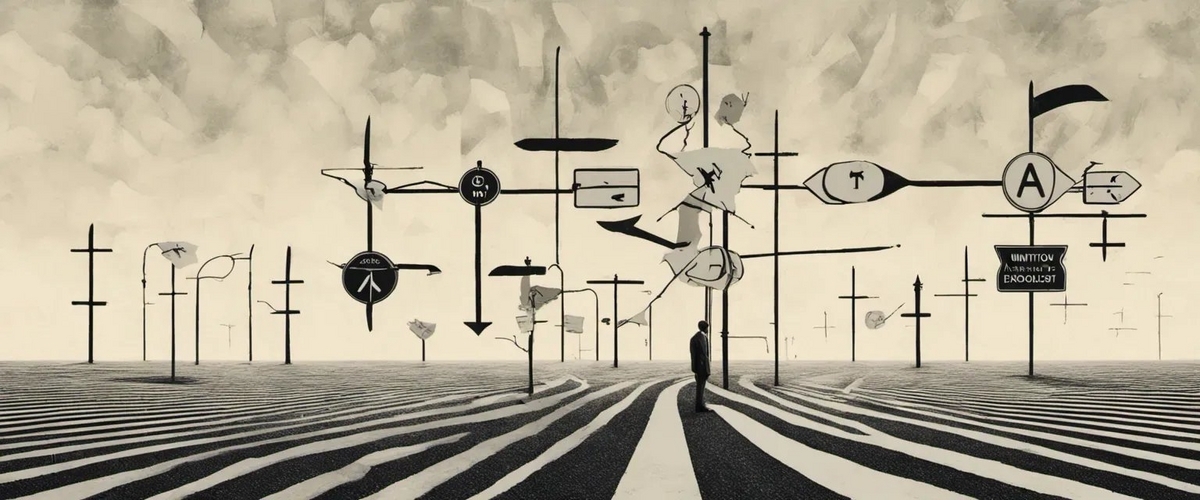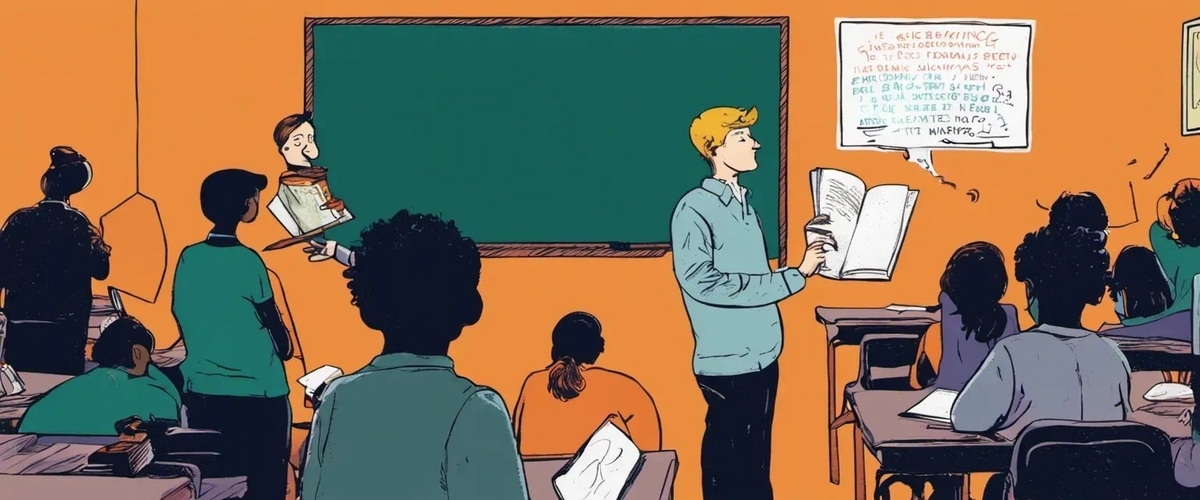 Chapter 1 What's Misbehaving
Chapter 1 What's Misbehaving
Misbehaving: The Making of Behavioral Economics is a book written by Richard Thaler. In this book, Thaler, who is an economist and Nobel laureate, explores the concept of behavioral economics and how it challenges the traditional assumptions of rational behavior in economic theory.
Thaler argues that individuals do not always act in a rational manner as assumed by classical economics. Instead, they make decisions influenced by numerous cognitive biases and social factors. Thaler introduces the reader to these biases and explores how they affect economic behavior.
The book also discusses Thaler's research and experiments in the field of behavioral economics, including his work on nudging people towards making better choices and overcoming their irrational behaviors. Thaler highlights the importance of understanding these biases for policymakers, businesses, and individuals and provides insights on how to use behavioral economics to improve decision-making.
Overall, Misbehaving is a comprehensive and engaging exploration of behavioral economics and its implications for understanding economic behavior. It offers a fresh perspective on the limitations of traditional economic theories and provides practical insights for applying behavioral economics in real-life situations.
Chapter 2 Is Misbehaving recommended for reading?
Opinions on whether a book is good or not can vary greatly from person to person. However, "Misbehaving" by Richard Thaler is generally well-regarded in the field of behavioral economics. It provides a comprehensive and accessible introduction to the subject, explaining how individuals often make irrational decisions that go against traditional economic theories. Thaler also shares his own experiences and research, making the concepts relatable and engaging. If you have an interest in understanding human behavior and its impact on economic decision-making, "Misbehaving" is likely to be a worthwhile read.
Chapter 3 Misbehaving Summary
"Misbehaving" by Richard Thaler is a book that explores and explains the field of behavioral economics, focusing on the ways in which individuals make irrational decisions and deviate from traditional economic theories. Thaler's core argument is that economic models and theories have traditionally assumed that individuals always make rational and efficient choices, but in reality, people often behave irrationally due to various biases and psychological factors.
Thaler begins by discussing the foundations of behavioral economics and how it differs from traditional economics. He introduces the concept of "Econs" (the rational economic man) and contrasts it with "Humans" (real people who make irrational decisions). Thaler emphasizes that Econs do not exist in reality and that Humans are driven by emotions and cognitive biases that influence their decision-making process.
The book then delves into a variety of cognitive biases that affect decision-making, such as loss aversion, status quo bias, and anchoring. Thaler explains how these biases shape people's choices, leading to suboptimal decisions and irrational behavior. He also explores the concept of "nudging," which involves designing choice environments to guide individuals towards making better decisions without restricting their freedom.
Thaler uses a combination of research studies and real-life examples to illustrate how these biases operate in various domains, including finance, retirement savings, healthcare, and public policy. He highlights the failures of traditional economic theories and argues that understanding and incorporating behavioral insights is crucial for improving individual and societal outcomes.
Throughout the book, Thaler also reflects on his own professional journey and the development of the field of behavioral economics. He shares anecdotes and experiences from his collaborations and interactions with other economists and policymakers, providing readers with insights into the challenges and successes of promoting behavioral economics in the mainstream.
Overall, "Misbehaving" is a thought-provoking and engaging exploration of the ways in which individuals deviate from traditional economic theories. Thaler's blend of academic research, practical examples, and personal anecdotes makes the book accessible and appealing to both experts and lay readers. Ultimately, he argues for an approach that acknowledges and embraces human irrationality, aiming to design policies and systems that reflect people's actual decision-making processes.
Chapter 4 Meet the Writer of Misbehaving

The book "Misbehaving" was written by Richard H. Thaler. It was first published in 2015. Richard Thaler is an American economist and professor at the University of Chicago Booth School of Business.
In addition to "Misbehaving," Thaler has written several other books. Some of his notable works include:
- "Nudge: Improving Decisions About Health, Wealth, and Happiness" (2008) - This book, co-authored with Cass R. Sunstein, explores how small changes or "nudges" can influence people's choices and help improve decision-making.
- "Advances in Behavioral Finance" (1993) - Thaler edited this book, which presents the research and ideas from leading scholars in the field of behavioral finance.
- "Quasi Rational Economics" (1991) - In this book, Thaler challenges the traditional assumptions of economic rationality and explores the implications of bounded rationality.
It's subjective to determine the "best" book purely in terms of editions, as it depends on individual preferences and interests. However, "Nudge" has gained significant popularity and widespread recognition.
Chapter 5 Misbehaving Meaning & Theme
Misbehaving Meaning
"Misbehaving" by Richard Thaler explores the field of behavioral economics and challenges traditional economic theories that assume humans always act rationally and make decisions in their own best interest.
Thaler argues that people often deviate from rational decision-making due to cognitive biases and social influences, resulting in "misbehaving" behavior. He discusses various examples of these biases, such as the endowment effect (overvaluing what we own), loss aversion (fearing losses more than equivalent gains), and the herd mentality (following others' decisions without critically evaluating them).
The book also explores how these biases impact various areas of life, including finance, business, healthcare, and public policy. Thaler suggests that understanding these deviations from rationality can help design systems and policies that better align with how people actually behave, leading to more effective outcomes.
Overall, "Misbehaving" challenges the traditional economic assumptions and offers a deeper understanding of human behavior, decision-making, and the implications for economics and society.
Misbehaving Theme
The main theme of "Misbehaving" by Richard Thaler is the exploration of human behavior and how it often deviates from the rational decisions predicted by traditional economic theory. Thaler, a Nobel Prize-winning economist, challenges the assumption that individuals are perfectly rational and self-interested actors, instead highlighting the ways in which human psychology, emotions, and social influences shape our decision-making.
Thaler argues that people often make "predictably irrational" choices, such as succumbing to biases, heuristics, and cognitive limitations. For example, individuals tend to be loss-averse, meaning that they are more sensitive to losses than to gains. They also have a tendency to overvalue the present and discount the future, leading to poor long-term decision-making.
The book also explores the concept of "nudge theory," which suggests that small adjustments in the way choices are presented can have a significant impact on people's decisions. Thaler advocates for the use of these nudges to help individuals make better choices without restricting their freedom.
Another key theme of "Misbehaving" is the impact of social influences on individual behavior. Thaler highlights the power of social norms, peer pressure, and conformity in shaping our choices. He also discusses the concept of "mental accounting," which refers to the way individuals categorize and allocate their resources based on arbitrary mental categories.
Overall, the main theme of "Misbehaving" is the recognition that humans often act in ways that diverge from rational economic models. By understanding and acknowledging these deviations, Thaler argues that we can develop more accurate economic theories, design better policies, and make wiser personal choices.
Chapter 6 Various Alternate Resources
- "Misbehaving: The Making of Behavioral Economics" by Richard H. Thaler - Official book website
- Richard H. Thaler's profile and book details on Penguin Random House
- "Misbehaving" on Goodreads - User reviews and ratings 4. Richard H. Thaler's TED Talk - "How to change your behavior for the better"
- Podcast episode: "Economics Nobel Prize Special: Misbehaving with Richard Thaler" - Hosted by Freakonomics Radio
- Behavioral Scientist magazine - Featured article on Richard Thaler and "Misbehaving"
- The New York Times - Book review: "How Does a Nobel Laureate Write His Own Book?"
- Richard H. Thaler's interview with The Guardian - Discusses concepts from "Misbehaving"
- Bloomberg - Article on Richard Thaler's book and its impact on economics
- The Wall Street Journal - Feature and review of "Misbehaving"

Chapter 7 Quotes of Misbehaving
Misbehaving quotes as follows:
- "Economists... have assumed that the economic actors in their models behave as if they had no free will and no psychological quirks."
- "People don't make decisions based on logic or reason; they make decisions based on their emotions and mental shortcuts."
- "We are all susceptible to various cognitive biases that lead us to make irrational decisions."
- "We often rely on 'rules of thumb' or heuristics to make decisions, rather than carefully analyzing all available information."
- "One of the biggest misbehaviors in economics is the assumption of rationality."
- "Economic models have often failed to incorporate the irrational and unpredictable behavior of individuals."
- "Humans are not always motivated by self-interest; we often behave in ways that go against our own best interests."
- "The traditional economic model fails to account for the influence of social norms and peer pressure on our decision-making."
- "We are prone to mental accounting, where we compartmentalize our money and make irrational decisions based on these mental categories."
- "Understanding and acknowledging human irrationality is crucial for creating policies that better align with people's actual behaviors."
Chapter 8 Books with a Similar Theme as Misbehaving
- "Thinking, Fast and Slow" by Daniel Kahneman
Kahneman, a Nobel laureate, dives deep into the workings of the human mind and presents a fascinating analysis of our decision-making processes. Drawing from decades of research, he explores the biases and heuristics that affect our thinking, offering valuable insights into how we can make better choices in various domains of life.
- "Nudge: Improving Decisions About Health, Wealth, and Happiness" by Richard H. Thaler and Cass R. Sunstein
Thaler and Sunstein delve into the concept of choice architecture, demonstrating how small, subtle changes in the way choices are presented to us can significantly influence our decisions. They present the concept of "nudging" as a way to improve decision-making without restricting freedom, offering practical advice on how to create positive changes in everyday situations.
- "Predictably Irrational: The Hidden Forces That Shape Our Decisions" by Dan Ariely
In this engaging read, Ariely combines captivating anecdotes with rigorous research to explore the hidden factors that often lead us astray in decision-making. Through a series of experiments and examples, he unveils the irrational patterns that govern our choices, shedding light on why we often behave in ways that seem contrary to our best interests.
- "Influence: The Psychology of Persuasion" by Robert B. Cialdini
Cialdini dissects the art of persuasion and uncovers the psychological principles behind why people say "yes" to certain requests. Providing practical examples and strategies, he explores the various tactics people use to influence our decisions, offering valuable insight into how we can protect ourselves from manipulation and make more informed choices.
- "The Undoing Project: A Friendship That Changed Our Minds" by Michael Lewis
Following your interest in "Misbehaving," "The Undoing Project" by Michael Lewis would be a fantastic choice. The book tells the remarkable story of Nobel Prize-winning psychologists Daniel Kahneman and Amos Tversky, their groundbreaking research on human decision-making, and the profound impact their collaboration had on the field of behavioral economics. Lewis skillfully narrates their unique friendship, exploring their personal lives, intellectual journey, and the valuable insights that emerged from their work. It offers a rich blend of history, psychology, and personal biography that will captivate anyone interested in the fascinating world of decision-making and human behavior.